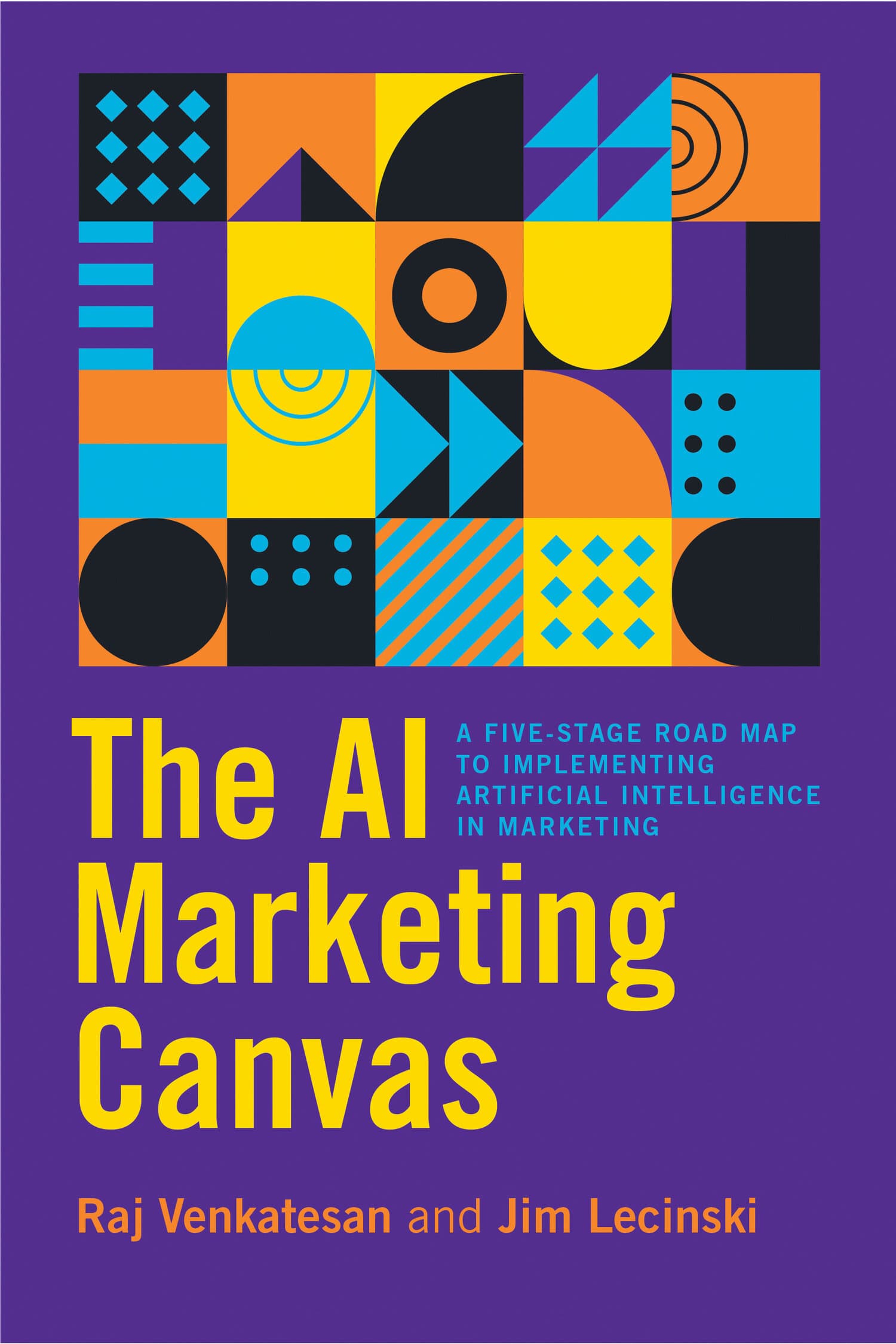Adcreep

Advertising is everywhere. By some estimates, the average American is exposed to over 3,000 advertisements each day. Whether we realize it or not, "adcreep"—modern marketing's march to create a world where advertising can be expected anywhere and anytime—has come, transforming not just our purchasing decisions, but our relationships, our sense of self, and the way we navigate all spaces, public and private.
Adcreep journeys through the curious and sometimes troubling world of modern advertising. Mark Bartholomew exposes an array of marketing techniques that might seem like the stuff of science fiction: neuromarketing, biometric scans, automated online spies, and facial recognition technology, all enlisted to study and stimulate consumer desire. This marriage of advertising and technology has consequences. Businesses wield rich and portable records of consumer preference, delivering advertising tailored to your own idiosyncratic thought processes. They mask their role by using social media to mobilize others, from celebrities to your own relatives, to convey their messages. Guerrilla marketers turn every space into a potential site for a commercial come-on or clandestine market research. Advertisers now know you on a deeper, more intimate level, dramatically tilting the historical balance of power between advertiser and audience.
In this world of ubiquitous commercial appeals, consumers and policymakers are numbed to advertising's growing presence. Drawing on a variety of sources, including psychological experiments, marketing texts, communications theory, and historical examples, Bartholomew reveals the consequences of life in a world of non-stop selling. Adcreep mounts a damning critique of the modern American legal system's failure to stem the flow of invasive advertising into our homes, parks, schools, and digital lives.
"Propaganda has migrated online, practiced by algorithms with little respect for human autonomy. Adcreep is the most comprehensive exploration yet of emerging techniques of coercion in commercial media and digital platforms, and why they are simply not okay."—Douglas Rushkoff, author of Throwing Rocks at the Google Bus: How Growth Became the Enemy of Prosperity
"The ubiquity of advertisements and commercial surveillance are now standard features of our lives. In Adcreep, Mark Bartholomew elegantly traces how we got to this point, and explores the disturbing places its likely to take us. Bartholomew has a healthy appreciation of what the law can do to bring us to a different future, but what it won't do without a public that pushes back. If there is going to be a fight, Adcreep should be in the pocket of those leading the charge."
—Sue Halpern, Middlebury College
"Marketers are creeping into every corner of our lives, turning historically ad-free spaces like schools and parks into marketing opportunities, and using digital technologies to spy on us in order to target us with custom ads. In his insightful new book, Adcreep: The Case Against Modern Marketing, Mark Bartholomew, a professor at the University at Buffalo School of Law, examines the impact of this commercial onslaught and the failures of our legal system which have enabled it."—Campaign for a Commercial-Free Childhood
"The volume reviews the very thorough and often disturbing techniques used to measure consumer desires. Many rely on more advanced technology—ranging from physiological scanning to social media—and most are frankly invasive. Despite decades of legislation designed to protect the consumer, the need for greater information has produced an environment of constant surveillance that advertisers are apparently exploiting. The author provides copious detailed and frightening examples to underscore his major point: marketing research has become more intrusive...The book is written at a sophisticated level, and is well suited to an educated audience seeking coverage of a sadly timely subject. Recommended"—S. D. Clark, Choice
"With a wide range of case studies at hand, Bartholomew places these increasingly invasive tactics in their historical context....[He] recognizes that a change in the law will require a change in our mindsets."—Samuel Earle, Times Literary Supplement




